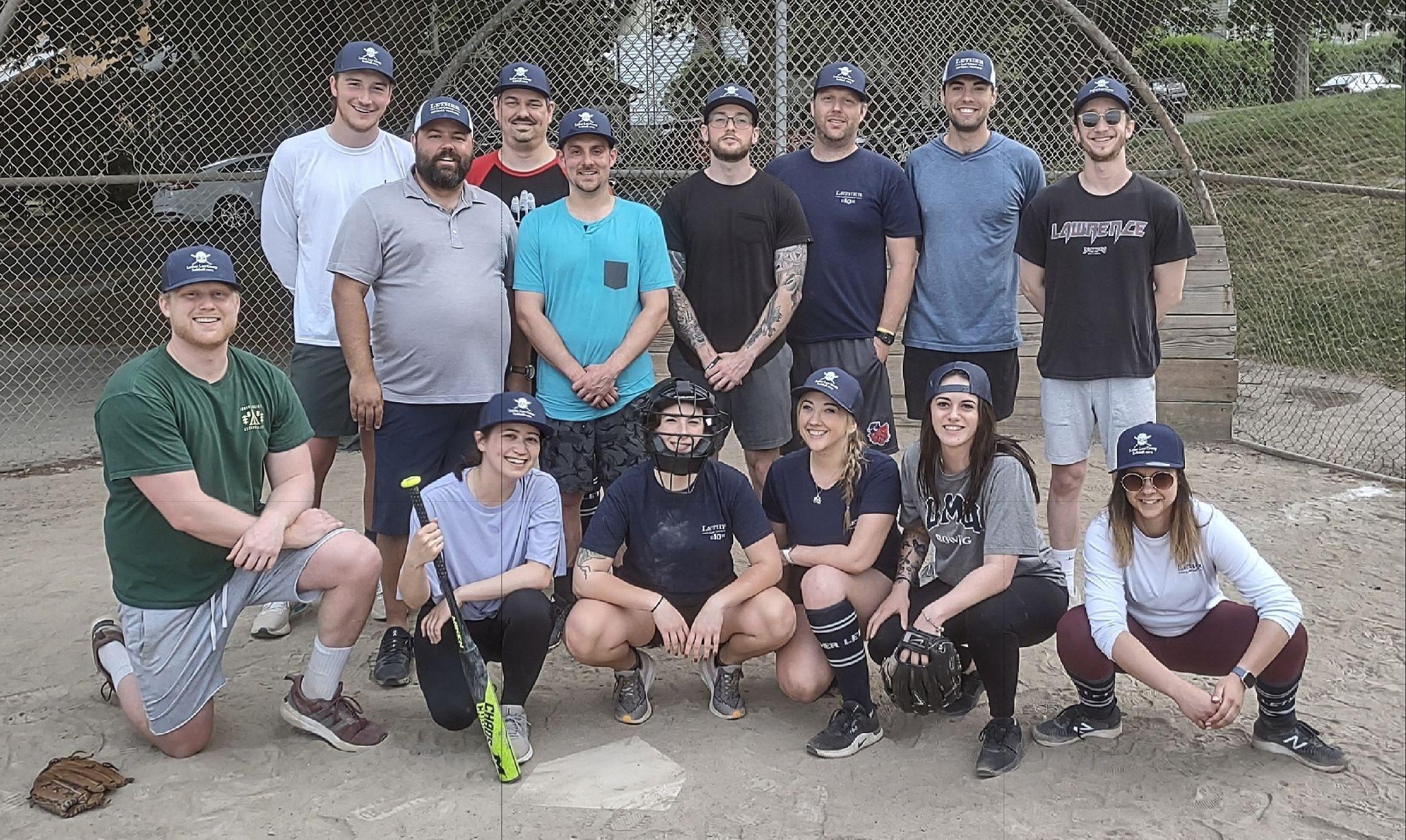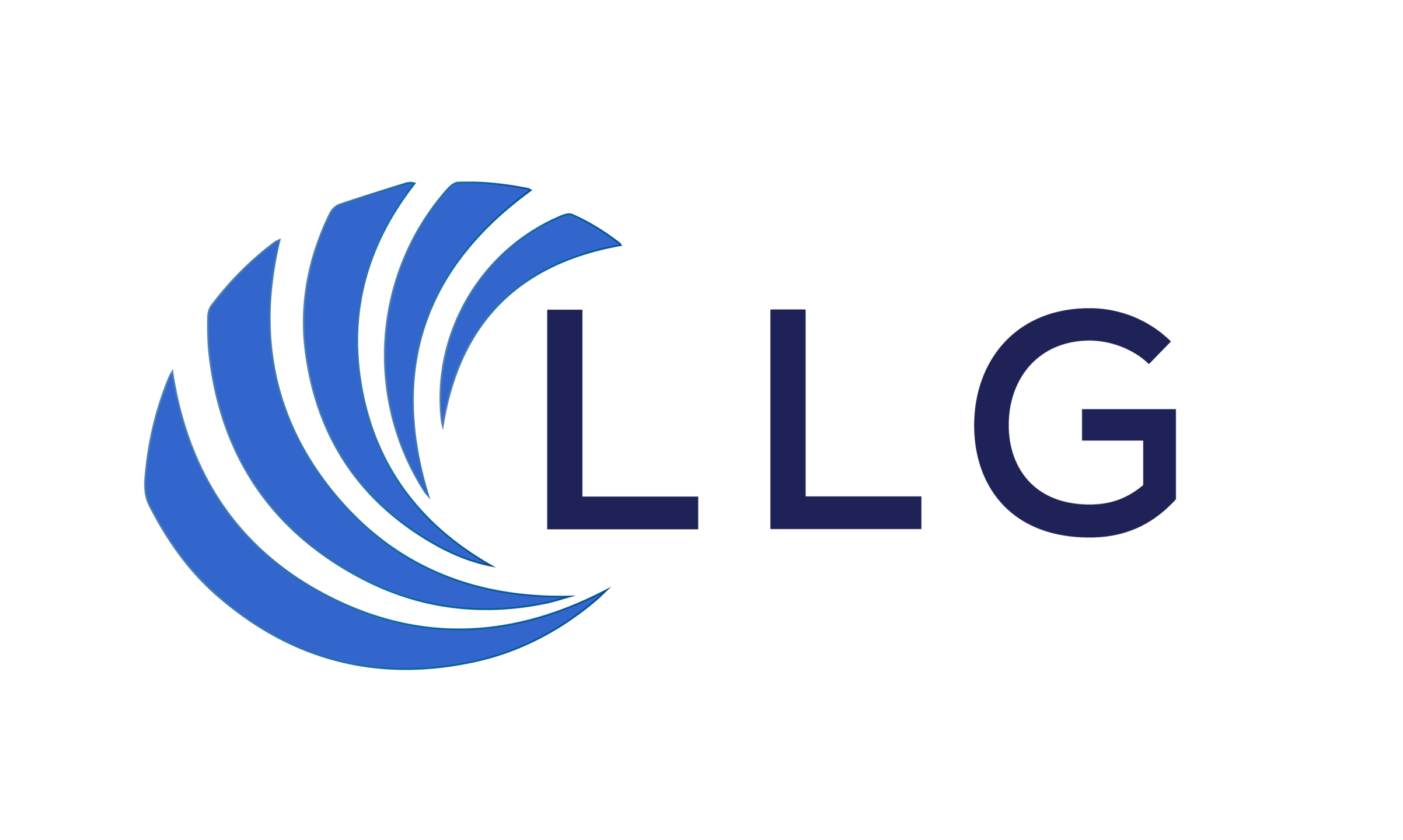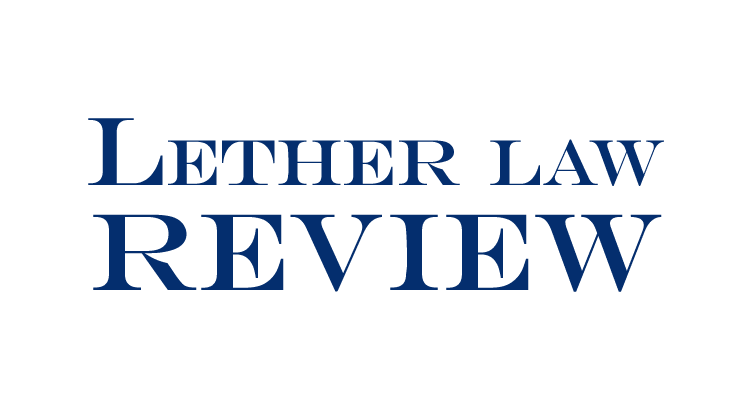The Washington State Consumer Protection Act (CPA) prohibits the use of unfair methods of competition and unfair or deceptive acts or practices in the insurance industry. The Washington Supreme Court has held that in order to prevail on a private CPA claim, a plaintiff must establish 5 elements: (1) an unfair or deceptive act or practice, (2) occurring in trade or commerce, (3) with public interest impact, (4) an injury to the plaintiff’s business or property, and (5) causation. Hangman Ridge, 105 Wn.2d at 780. While this case law provides some guidance, it is silent as to whether a particular practice is “unfair” or “deceptive” under the CPA.
On November 28, 2022, the Washington Court of Appeals further defined what constitutes an unfair or deceptive practice under the CPA. The case of Stan Shiff, M.D., Ph.D. v. Liberty Mutual Fire Insurance Co., et. al, dealt with whether an insurer violates the CPA by “relying solely on a mechanistic, formulaic approach” to determine the reasonableness of a medical providers bill. The Court held this practice to be a violation of the CPA.
Shiff arises out of a dispute between a medical provider and an insurer regarding payment of medical bills. Stan Shiff, M.D., Ph.D, is a neurologist who treated patients insured by Liberty Mutual Fire Insurance Company. Shiff submitted bills to Liberty Mutual for his treatment of its insureds, however Liberty Mutual refused to pay these bills in full. Instead, Liberty Mutual used its “80th percentile practice” to determine whether these bills were reasonable and warranted full payment. In using its 80th percentile practice, Liberty Mutual determined that payment of the full amount of the charges submitted by Shiff was not reasonable. As such, Liberty Mutual reduced its payment on the bills to the 80th percentile amount.
In using the 80th percentile practice to determine whether payment of the full amount of a provider’s bill was reasonable, Liberty Mutual relied solely on the FAIR Health Database. The FAIR Health database “compares billed charges to the charges submitted by other medical providers within the same broad geographical area.” Liberty Mutual relied on this database to determine that Shiff’s charges were unreasonable, as the exceeded the 80th percentile of charges in the FAIR Health database for the same services in the same broad geographical area.
With regard to liability under the CPA, Shiff relied on the precedent in Folweiler Chiropractic, PS v. Am. Fam. Ins. Co., 5 Wn. App. 2d 829, 429 P.3d 813 (2018). In Folweiler, the Court established that an insurer had a duty to conduct an individualized investigation, including the duty to evaluate the identity, background, credentials, experience, or any personal characteristic of the individual provider in evaluating the reasonableness of the bill. Folweiler, 5 Wn. App. 2d at 838. The Court found in favor of Shiff, ruling that it was undisputed that Liberty Mutual did not conduct the kind of individualized investigation as required by Folweiler.
Based on Liberty Mutuals violation of its duty to conduct an individualized investigation, Shiff argued Liberty Mutual’s 80th percentile practice violated the CPA. Liberty Mutual disagreed asserting that because the practice was approved by the Office of the Insurance Commissioner (OIC), it was not a violation of the CPA. Liberty Mutual asserted that, even if the 80thpercentile practice constituted an unfair practice, it is exempt from CPA liability pursuant to the statutes regulated industries exemption, RCW 19.86.170. Liberty Mutual argued that because insurers are prohibited from obtaining regulatory approval of its policies prior to issuing them, conduct arising from those policies is “permitted” pursuant to the CPA’s exemption provision. The Court rejected this argument, finding “Liberty Mutual’s 80th percentile practice is indistinguishable from the practice we held unlawful in the Folweiler decision.” Additionally, the Court found Liberty Mutuals exemption provision argument unconvincing, noting that it is contrary to the “legislature’s clear mandate” that violations of the insurance regulations are subject to CPA liability. The court clarified that to agree with Liberty Mutual would “exempt broad swaths of insurer conduct from CPA liability, in direct contravention of our legislatures express intention that such conduct be subject to our states’ consumer protection law.” Therefore, the Court rejected Liberty Mutual’s reading of the CPA exemption provision.
As a result of the Shiff decision, use of any formulaic approach to determining the reasonableness of a provider’s medical bill constitutes a violation of the Washington Consumer Protection Act. Pursuant to the Folweiler and Shiff decisions, insurers are required to conduct an individualized investigation before reducing a medical bill.
Lether Law Group currently represents multiple insurers in coverage litigation in state and federal courts in Washington involving claims under CPA. If you have questions about the implications of Shiff or general questions in regard to pending insurance claims and compliance with Washington insurance law, please feel free to contact our office.



